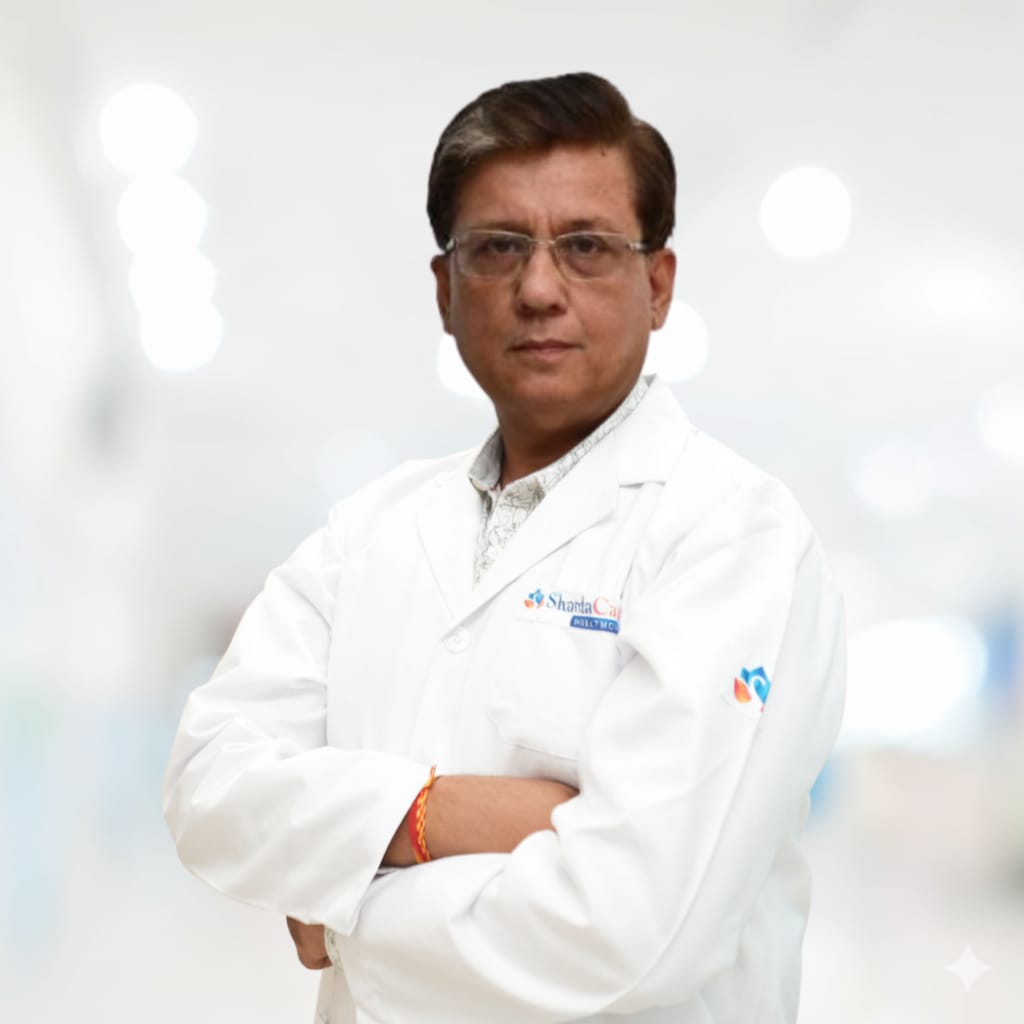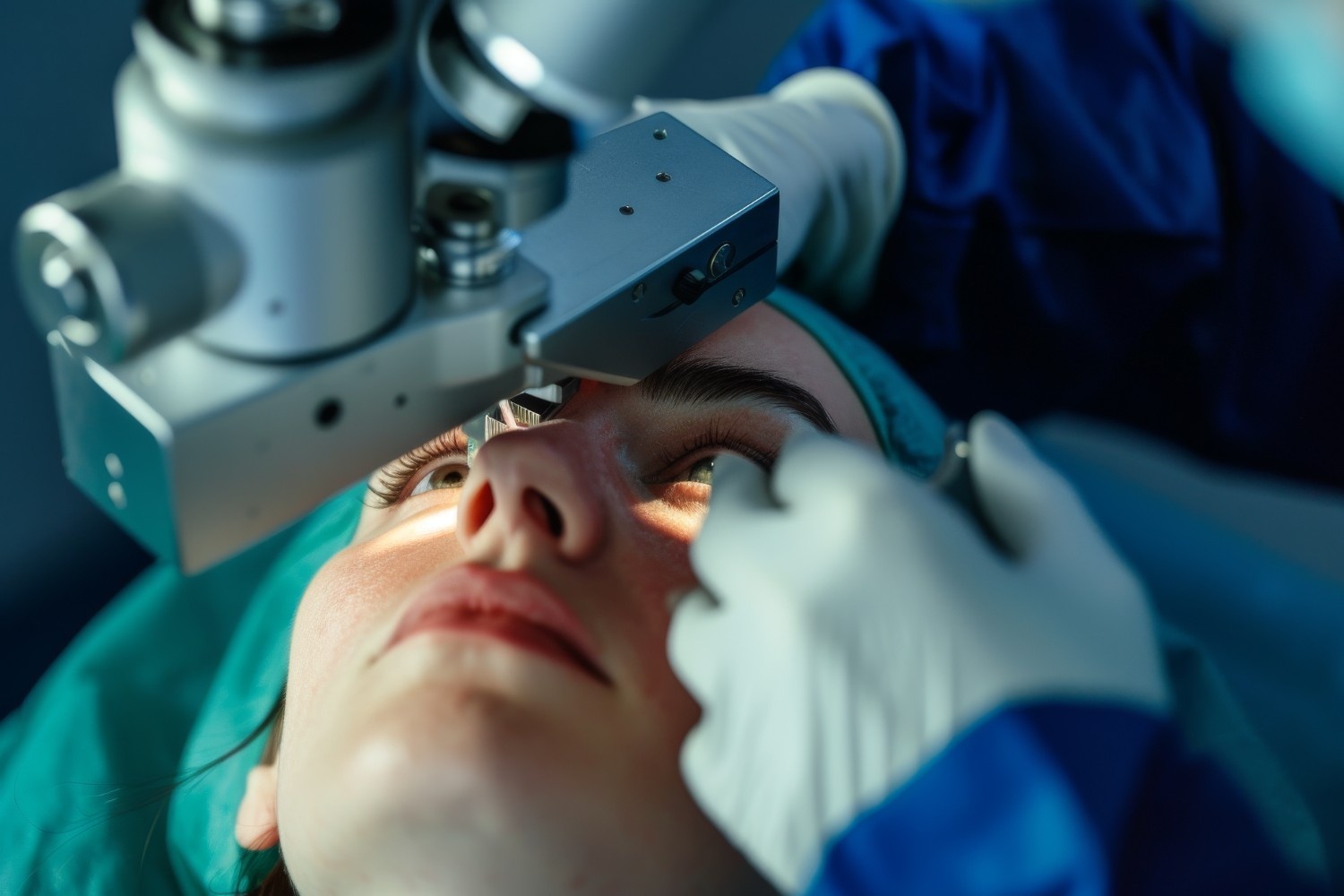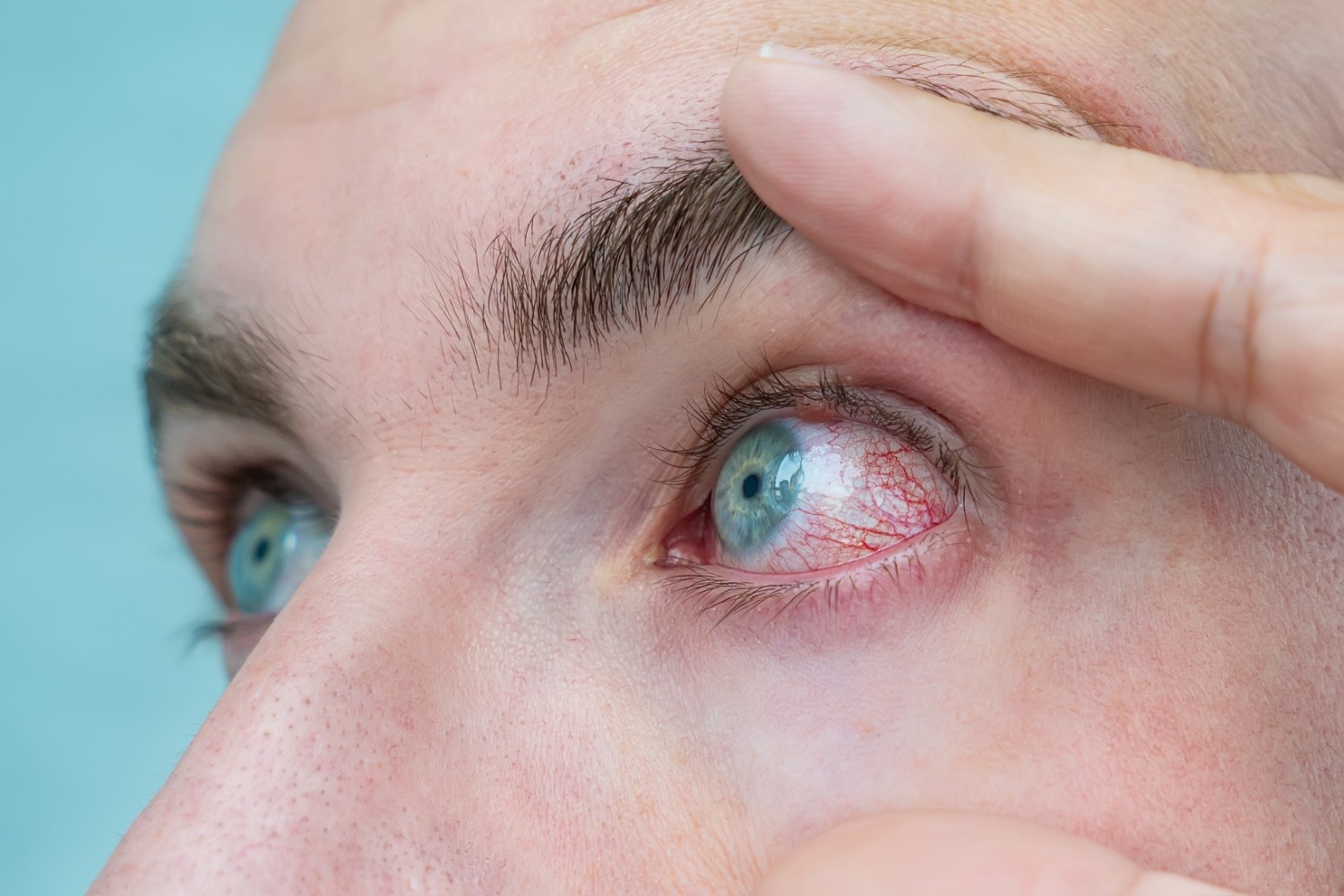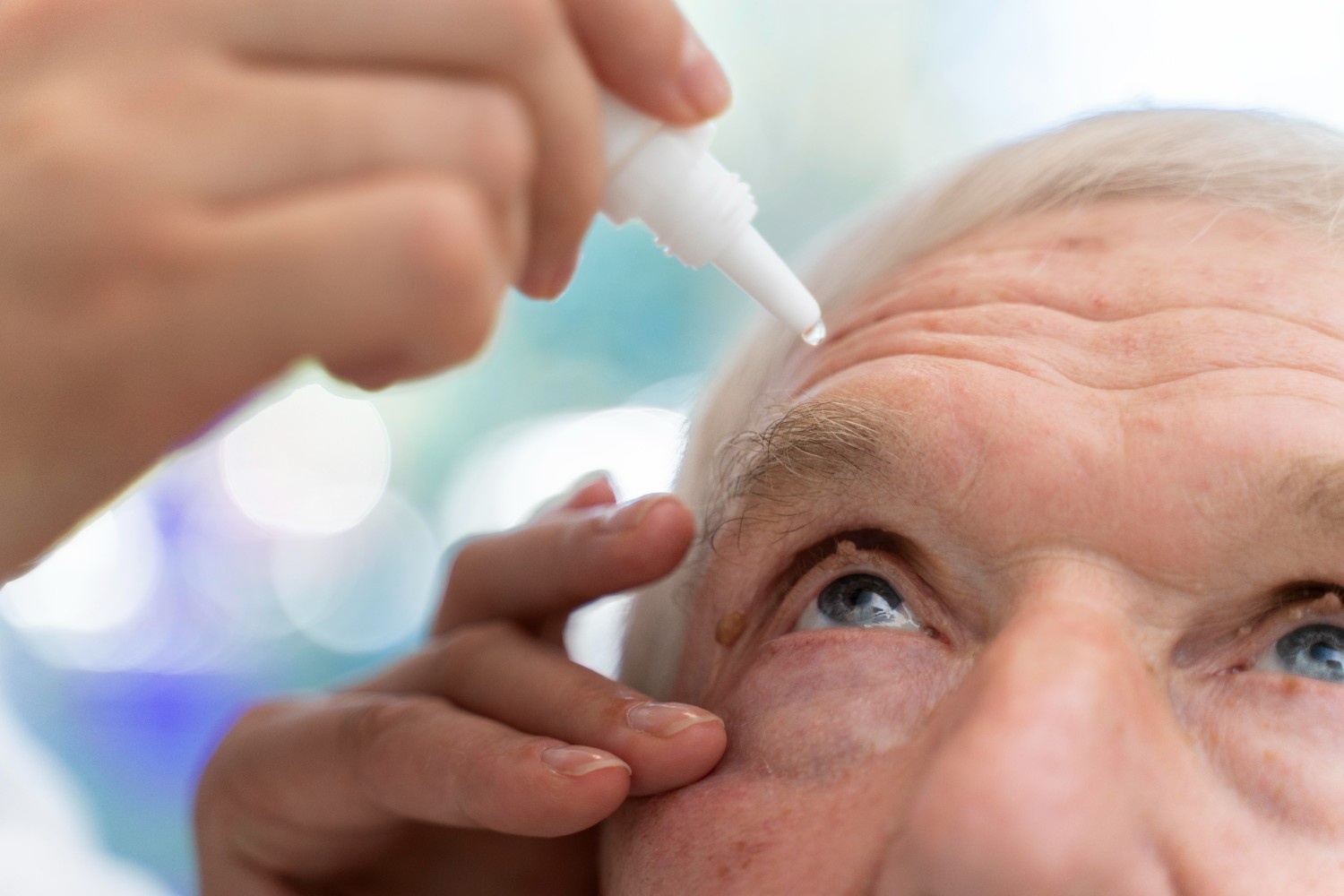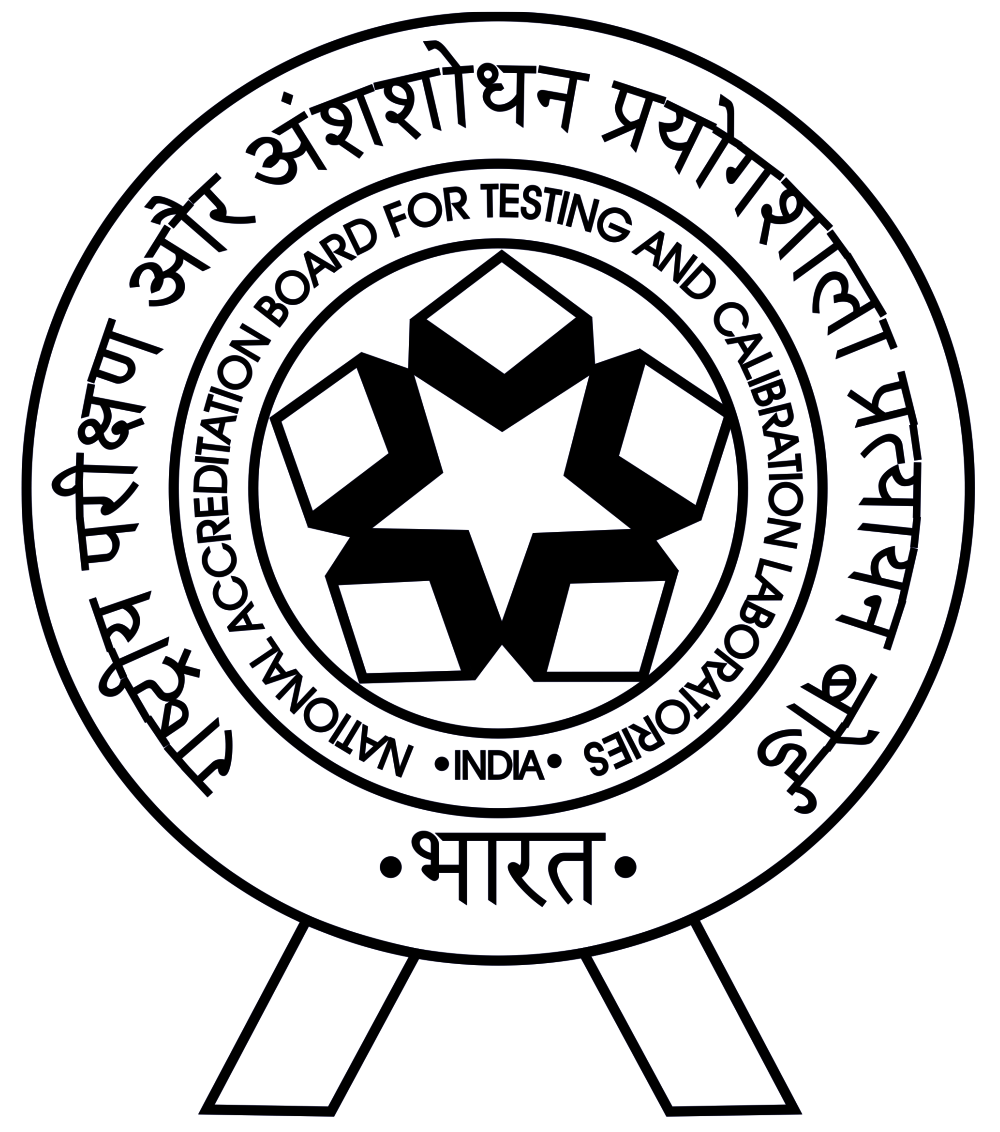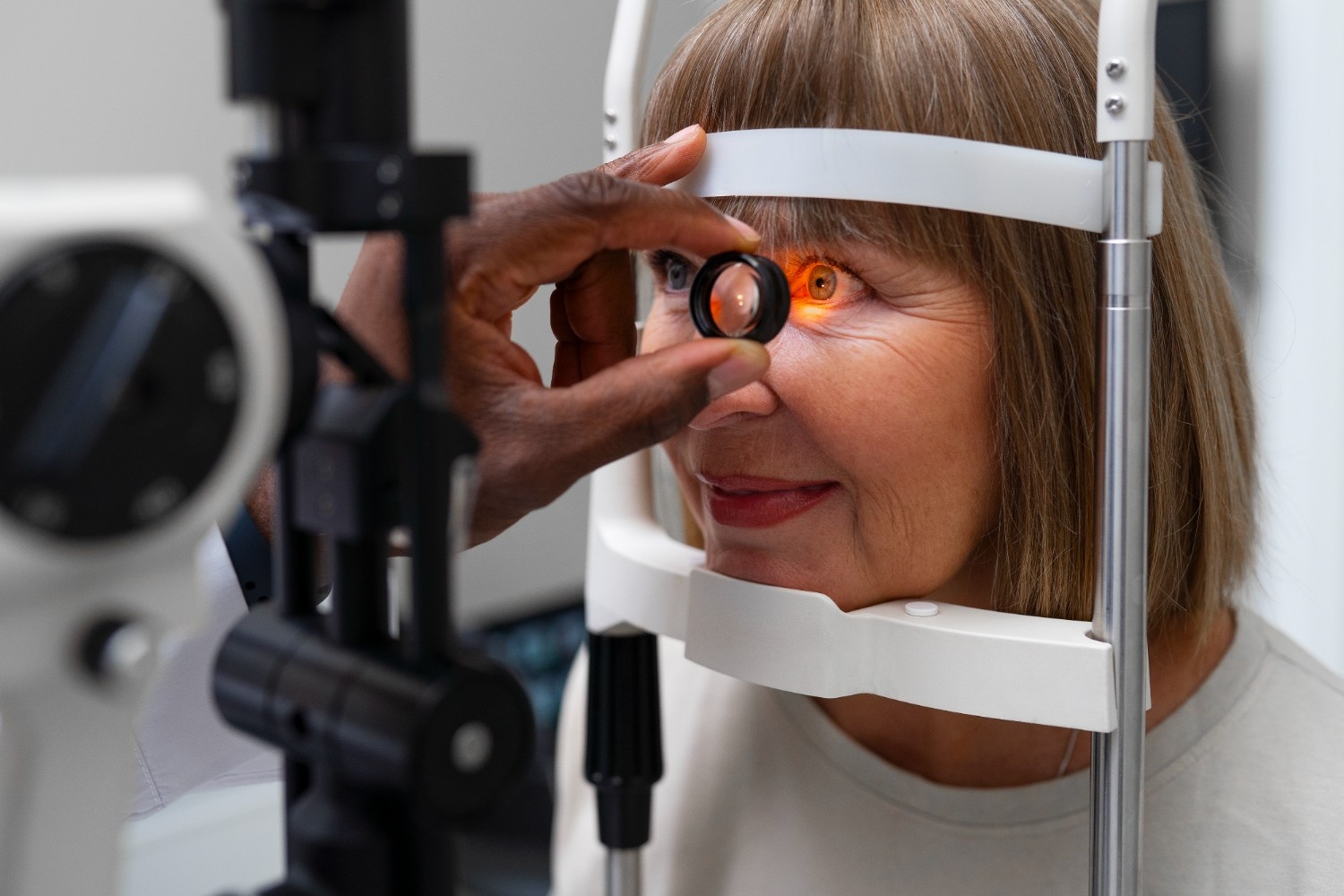
Diabetic Retinopathy: Causes, Risks & Eye Care at ShardaCare – Healthcity
Diabetic retinopathy is a complication of diabetes that affects the eyes. It occurs when the blood vessels in the retina, the part of the eye that senses light, are damaged.
In the early stages, diabetic retinopathy may not cause symptoms or only cause minor vision problems. But over time, it can lead to blindness. This condition can develop in people with type 1 or type 2 diabetes. The longer someone has diabetes and the less control they have over their blood sugar levels, the higher the risk of developing diabetic retinopathy.
Cause When there's too much sugar in the blood over a long period, it can block the small blood vessels that feed the retina, causing them to stop working. As a result, the eye tries to grow new blood vessels to supply nutrients. However, these new blood vessels are fragile and prone to leaking or breaking.
Looking for an Expert
ShardaCare - Healthcity is home to some of the eminent Doctors in the world.
Book an Appointment

